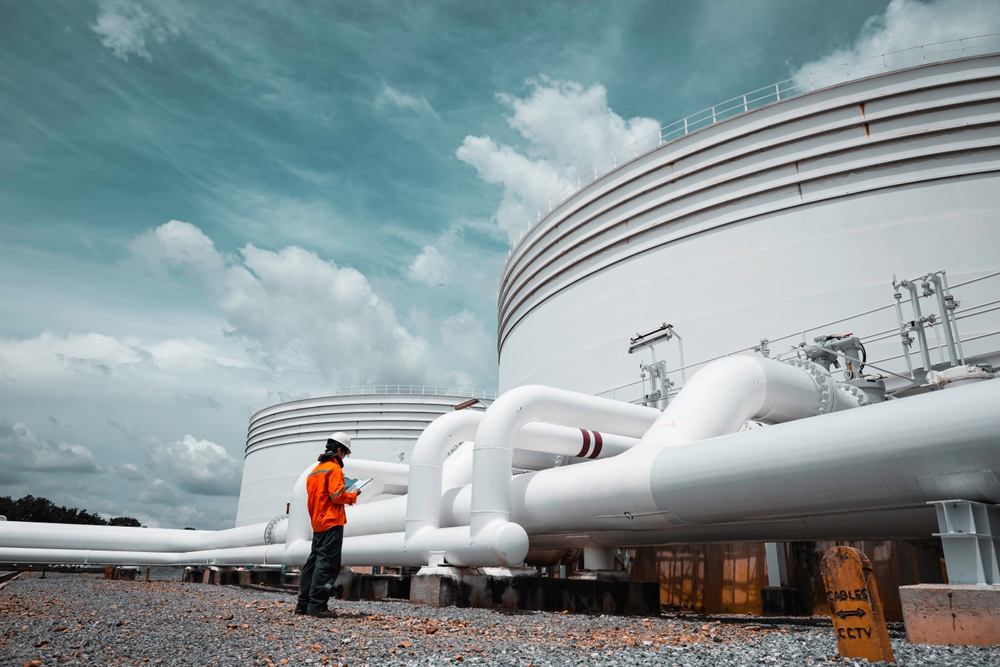

In this course, the participants study LNG trading and LNG trading and market dynamics; global structure of LNG markets, pricing, and trading strategies. The audience will be able to appreciate the influences of supply demand, and different political and market forces which are present in LNG activities and help them in the decoding energy market.
| City | Start Date | End Date | Fees | Register | Enquire | Download |
|---|---|---|---|---|---|---|
| Vienna | 23-06-2025 | 27-06-2025 | 6200 $ | Register | Enquire | |
| London | 07-07-2025 | 11-07-2025 | 6200 $ | Register | Enquire | |
| Sharm El Sheikh | 14-07-2025 | 18-07-2025 | 3950 $ | Register | Enquire | |
| Istanbul | 21-07-2025 | 25-07-2025 | 4950 $ | Register | Enquire | |
| Amsterdam | 28-07-2025 | 01-08-2025 | 6200 $ | Register | Enquire | |
| Bali | 04-08-2025 | 08-08-2025 | 4950 $ | Register | Enquire | |
| Madrid | 11-08-2025 | 15-08-2025 | 6200 $ | Register | Enquire | |
| Amsterdam | 18-08-2025 | 22-08-2025 | 6200 $ | Register | Enquire | |
| Dubai | 25-08-2025 | 29-08-2025 | 4300 $ | Register | Enquire | |
| Cairo | 01-09-2025 | 05-09-2025 | 3950 $ | Register | Enquire | |
| Madrid | 08-09-2025 | 12-09-2025 | 6200 $ | Register | Enquire | |
| Amsterdam | 06-10-2025 | 10-10-2025 | 6200 $ | Register | Enquire | |
| Paris | 13-10-2025 | 17-10-2025 | 6200 $ | Register | Enquire | |
| Madrid | 20-10-2025 | 24-10-2025 | 6200 $ | Register | Enquire | |
| Dubai | 27-10-2025 | 31-10-2025 | 4300 $ | Register | Enquire | |
| Madrid | 03-11-2025 | 07-11-2025 | 6200 $ | Register | Enquire | |
| Zurich | 10-11-2025 | 14-11-2025 | 5600 $ | Register | Enquire | |
| Kuala Lumpur | 17-11-2025 | 21-11-2025 | 4950 $ | Register | Enquire | |
| Cairo | 24-11-2025 | 28-11-2025 | 3950 $ | Register | Enquire | |
| Istanbul | 01-12-2025 | 05-12-2025 | 4950 $ | Register | Enquire | |
| London | 08-12-2025 | 12-12-2025 | 6200 $ | Register | Enquire | |
| Paris | 15-12-2025 | 19-12-2025 | 6200 $ | Register | Enquire | |
| Zurich | 22-12-2025 | 26-12-2025 | 5600 $ | Register | Enquire | |
| Kuala Lumpur | 29-12-2025 | 02-01-2026 | 4950 $ | Register | Enquire |
This comprehensive LNG Trading Training course offers a deep understanding of the rapidly changing world of liquefied natural gas, focusing on key concepts crucial for success in the industry. It's ideal for beginners and professionals looking to enhance their skills, as it explores LNG's role in the energy mix as a cleaner alternative to other fossil fuels.
The course covers various aspects of LNG trading, beginning with fundamental concepts and advancing to complex trading strategies. Participants will learn the core principles of LNG operations within the broader energy market, including trade promotion, income sources, pricing, market specifics, and essential components of trade agreements for efficient operation.
Guided by industry experts, participants will gain the knowledge needed to assess the LNG market, evaluate opportunities, and solve challenges. The course prepares individuals to navigate the fast-growing LNG trading sector and make informed decisions.
By the end of the LNG Trading course, participants will be able to:
Unit 1: Overview of LNG:
Unit 2: LNG Production:
Unit 3: LNG Shipping:
Unit 4: Floating Production & Regasification Platforms:
Unit 5: Pricing & Risk Management:
Unit 6: Legal Structure & Commercial Issues:
Unit 7: Emergence of Small-Scale LNG (SSLNG):
Unit 8: Evolving Global LNG Market Dynamics:
Unit 9: LNG Supply Chain Management:
.jpg)
.jpg)

.jpg)
.jpg)














